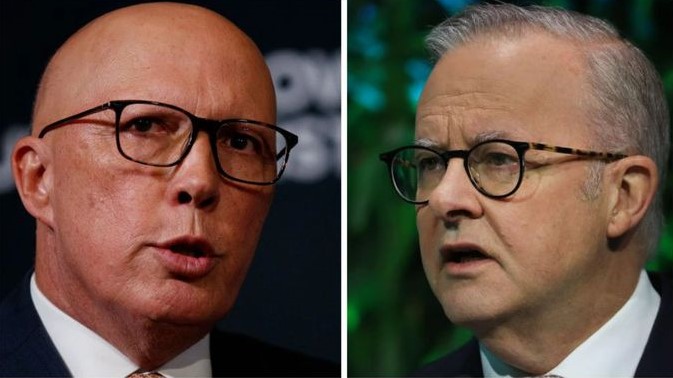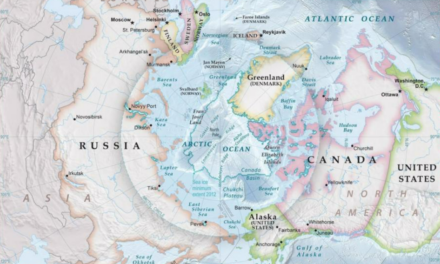Peter Dutton’s latest controversy began with his attack on Anthony Albanese, calling the Prime Minister’s response to Chinese naval exercises “the weakest, most limp-wristed response you could see from a leader.” However, within hours, Dutton backpedaled, claiming he hadn’t intended any offence. The quick retreat raises the question—was this a genuine reconsideration, or was it simply fear of a voter backlash? If Dutton truly believed in his criticism, why did he so easily cave when faced with political pressure?
Australian politics has often been criticized for a lack of strong leadership, and this latest exchange highlights a deeper issue—both men have demonstrated poor judgment and weak decision-making throughout their political careers.
The Afghanistan Failure: A Shared National Shame
One of the most egregious failures of recent Australian leadership was the botched evacuation of Afghan interpreters and personnel who worked with Australian forces. As Defence Minister in 2021, Dutton was slow to act despite mounting evidence that those who assisted Australia’s military would be targeted by the Taliban. His inaction led to unnecessary suffering and a loss of moral credibility for Australia on the global stage.
Meanwhile, Albanese, despite posturing as a compassionate leader, has done little to rectify the situation since taking office. His government has failed to implement a meaningful program to bring the remaining stranded Afghan allies to safety, showing a lack of urgency and decisiveness.
Other Notable Weaknesses
- The Robodebt Scandal
Under the Morrison government, in which Dutton was a senior minister, the disastrous Robodebt scheme wrongly accused welfare recipients of owing money, pushing some to the brink of despair. Dutton, despite positioning himself as a law-and-order politician, did nothing to prevent the suffering of innocent Australians.
Albanese, for his part, has taken political advantage of the scandal without offering real accountability or meaningful reforms to prevent similar government failures in the future. His reliance on political grandstanding rather than policy solutions has left Australians with little confidence in his leadership.
- Cost-of-Living Crisis: No Real Solutions
The country is struggling under soaring inflation and a worsening cost-of-living crisis, yet neither leader has presented a clear, effective strategy. Dutton has been content to criticise without offering an alternative, while Albanese has continued to push ineffective, piecemeal policies that fail to address the root causes of economic hardship.
A Political Landscape of Mediocrity
The recent exchange between Dutton and Albanese serves as a reminder that Australian politics is being run by men more focused on personal attacks and political games than on actual leadership. Neither has demonstrated the strength, foresight, or decisiveness needed to guide the country through complex challenges.
Whether it’s leaving allies stranded in war zones, mishandling domestic crises, or offering nothing but hollow rhetoric, both Dutton and Albanese exemplify the worst traits of modern politicians: self-interest, opportunism, and an utter lack of real leadership.





